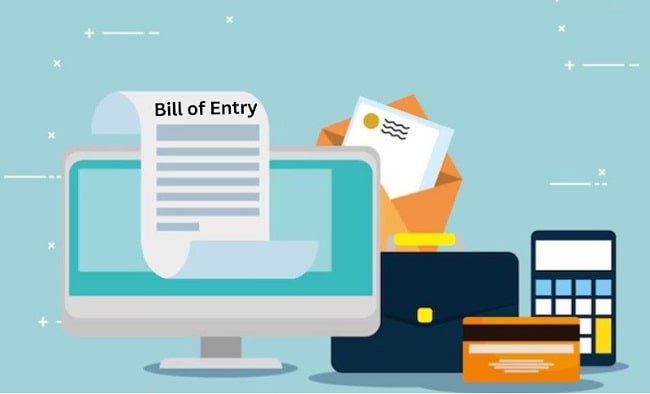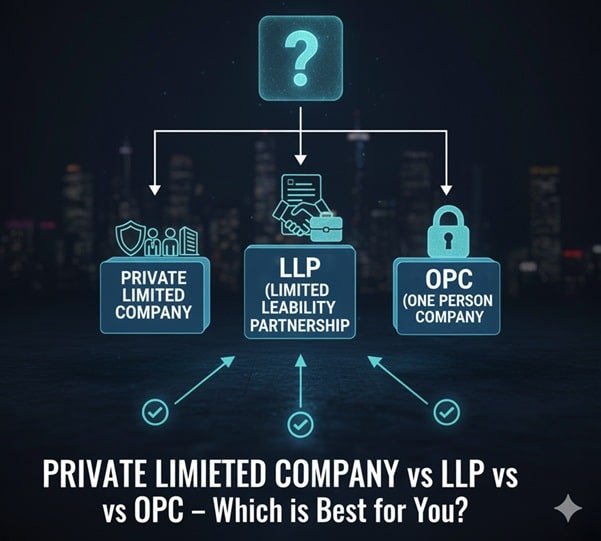While we talk about international trade, you may come across a document called the Bill of Entry (BoE). This document is an important part of the customs clearance procedure, and it is essential that you know its intention and the details it includes.
At its most elemental level, a BoE is an acknowledgement form provided to customs advisors or authorities by importers or their agents. This document aims to give information about the products or goods being imported, involving their origin, quantity, value, and expected use. Customs officials employ this detail to find out the proper amount of taxes and duties payable and to make sure that the goods fulfill all appropriate rules and requirements.
The BoE is a legitimate document and should be finished properly and in full. Failing to give correct details can occur in fines, delays, and different penalties. Thus, it is significant to work with knowledgeable experts who can assist you make and submit your BoE accurately.
Why is the Bill of Entry Important in International Trade?
International trade affects individual businesses and a country’s whole financial well-being. Remembering this, government bodies use the Bill of Entry to check the flow of goods across their nation’s border and plan exceptional macro-economic regulations. This makes the document significant and therefore is necessary for a global trader to file a BOE for any goods that he or she imports within the country.
A BOE has permissible applicability in the export-import procedure. In this manner, it assures overall clarity between private organizations and the government, working as an important document depending on which customs allow consignment clearance. Furthermore, if appropriate, importers can demand duty credits after the goods’ clearance by employing this document. The BOE also furnishes a required record for checking purposes.
Different Types of Bills of Entry

The BoE has been categorized by the Central Board of Indirect Taxes and Customs into 3 categories depending on the type and ideas of imported goods. Three diverse forms, such as Form I, Form II and Form III, are indicated for different bills.
- BOE for house use
The color white shows the BoE for house use in section 46 of The Customs Act, 1962. This Bill of Entry is provided for goods shipped by a person for individual or business use.
- BoE for use in warehousing
The Customs Act, 1962 and its sections 46 and 60 assign the color tan (light brownish yellow) to BoE for use in warehousing. Also called a bond BoE, this document should be filed if the shipper or importer doesn’t aim to fix up import duty at the correct time of import. Rather, the importer can keep off their goods in storage until he or she pays the dues.
- Bill of exchange for ex-bond goods
The Customs Act 1962 signifies the BoE for ex-bond items with the color green. This paper or document is employed when the importer asks for the approval or clearance of warehoused goods for home use.
When Shall BoE Be Filed?
When a seller ships from different countries, a valid document is filed by the shipper or a customs agent on the goods’ arrival. This permissible document is known as a Bill of Entry in Import and is a significant part of the customs clearance process. Also, it is put forward to the customs department.
The BoE can be presented either for domestic usage. As after giving this bill in GST, the shipper or importer can ask for Input Tax Credit (ITC) on the products.
Who Requires Issuing a Bill of Entry?
A BoE can be given for bond clearing or individual use. The importer can ask for Input Tax Credit on the goods only after the issuing of the BoE from the entities described below:-
- Industries that import goods from different countries.
- Companies that sell products bought from Special Economic Zones or SEZs inside India.
Once the BoE is put forward, a customs officer checks the goods, and the importer gives taxes, such as GST, IGST, and customs charges. The importer can then look for an ITC settlement cess or compensation tax for GST and IGST. Furthermore, they cannot demand reimbursement for customs duty.
Details that BoE Includes
The format of the Bill of Entry is quite simple. Here are some essential details that it involves:-
- License number and port code
- Name and address of the importer
- Agent code of customs house
- IEC or Import-Export Code
- Country’s origin and code
- Consignment country and its code
- Shipment port
- Vessel name
- All the important details regarding goods to be imported (e.g., budgetary value and details of goods)
The importer’s GST, IGST, and customs duty information are also involved in the BoE. Apart from that, the bill will have two sections for the signatures of the customs agent and the importer.
How to Prepare and Submit a BoE
Preparing and submitting a Bill of Entry can be complicated, and working with competent professionals who know the needs and norms is significant.
Generally, the process includes the following steps:
- Gather all important details related to goods, such as their quantity, value, origin, and targeted use.
- Identify which kind of BoE is needed.
- Fill in the BoE form correctly and completely.
- Submit the form to the customs authorities and any approving documents that are needed, for example, permits, licenses, or certifications.
- Pay any relevant taxes and duties.
Conclusion
In summary, the Bill of Entry is an essential part of the customs clearance procedure for companies involved in global trade. It is imperative to know the document’s idea and the details it includes, in addition to working with knowledgeable experts who can assist you in creating and submitting your BoE properly.
By understanding the significance of BoE and working with experts or professionals, you can ensure a flawless and successful customs clearance procedure, ignoring delays and forfeiture.
Amazon Global Selling, an online international selling platform, understands the complexities of the trade and the prominence of error-free and well-timed customs clearance. This platform can guide you with the smooth execution of international business and BoE, assuring conformity with all applicable rules and requirements.
Santosh Kumar is a Professional SEO and Blogger, With the help of this blog he is trying to share top 10 lists, facts, entertainment news from India and all around the world.





